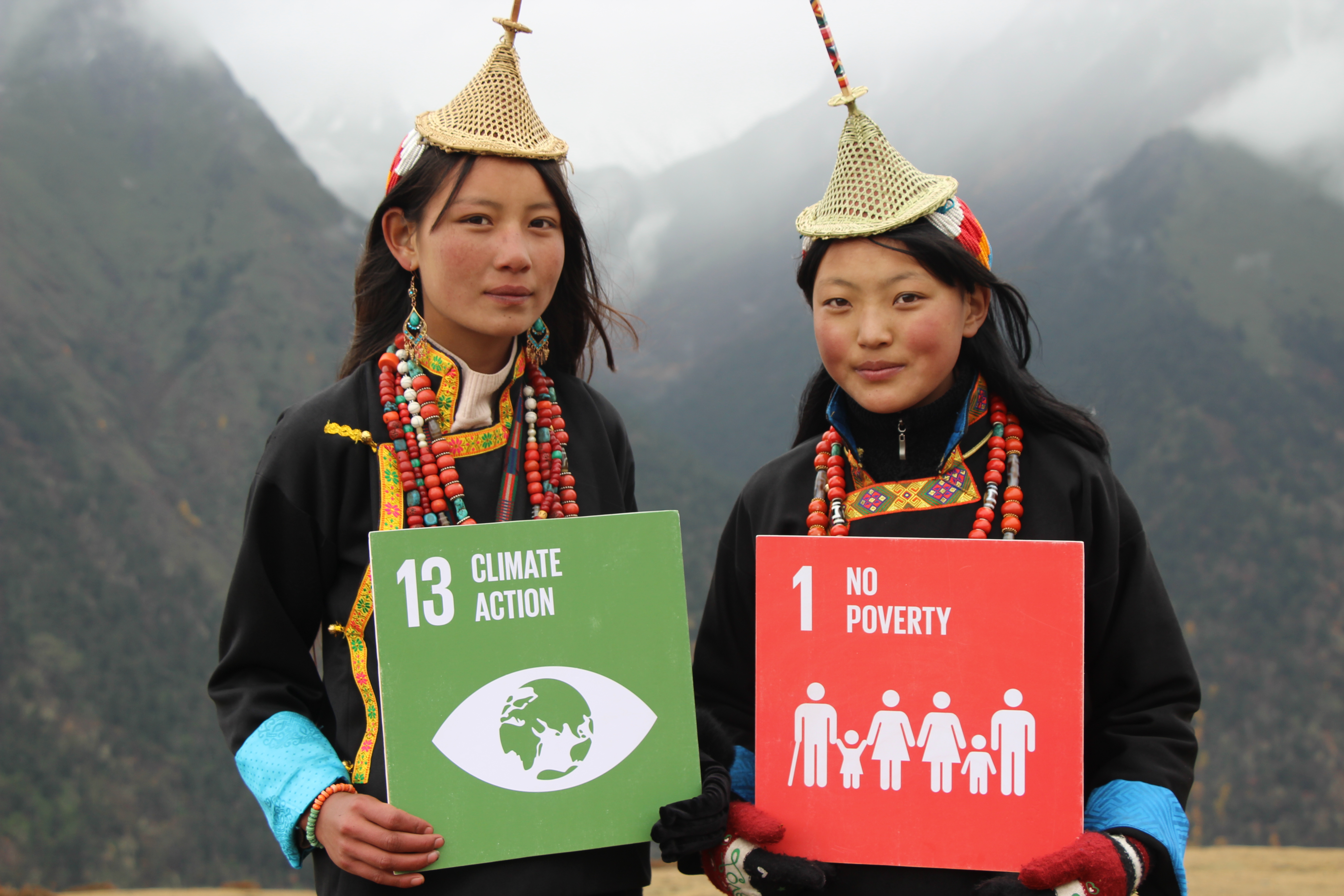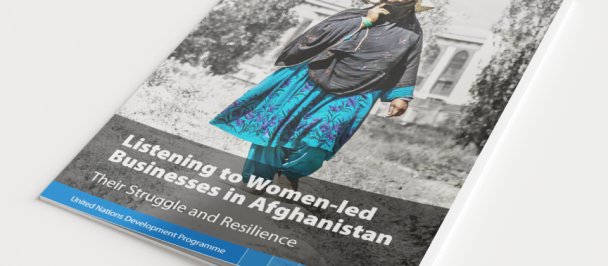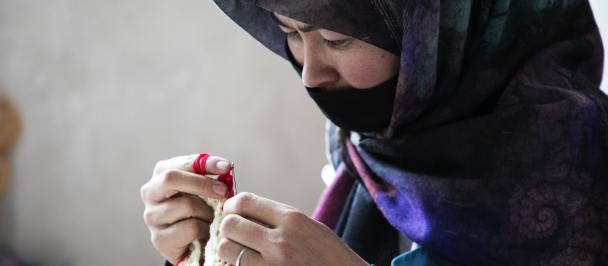The Climate Promise is UNDP’s response to help countries reach their climate goals. UNDP is assisting 120 countries through the Climate Promise to enhance their climate pledges, known as National Determined Contributions (NCDs), which are important vehicles for advancing not only sustainable development but also gender equality.
The theme for this year’s International Women’s Day (IWD) is: “Gender equality today for a sustainable tomorrow,” recognizing the contribution of women and girls around the world who are leading the charge on climate change adaptation, mitigation, and response, to build a more sustainable future for all.
With countries taking urgent actions as part of the COVID-19 recovery, there is an unprecedented opportunity to put gender equality at the heart of caring for people and the planet. Gender inequality coupled with climate and environment crises is one of the greatest current challenges to sustainable development, threatening human rights and widening inequalities. As the world responds to these crises, there is a chance to rethink development and scale up and accelerate progress towards inclusive and green economies, with social protection and care at the centre. A sustainable, green, just and equal future for all is not possible without gender equality.
UNDP is on the frontlines of gender-responsive climate and environmental programmes in the UN family, supporting over 140 countries through its nature, climate and energy programmes and 120 countries to reduce their greenhouse gas emissions and tackle climate change challenges. UNDP works with countries to ensure that climate and environmental national agendas and policies are gender responsive; helps to close gender gaps in access to and control over resources, including renewable energy; and works to boost women’s participation and leadership. UNDP is also a co-leader with a consortium of partners of the Feminist Action for Climate Justice Action Coalition, launched at the 2021 Generation Equality Forum to accelerate progress on climate justice and gender equality over the next five years.
Integrating gender perspectives into global and national climate and environmental policies and programmes is possible. The Climate Promise is UNDP’s response to help countries reach their climate goals. UNDP is assisting 120 countries through the Climate Promise to enhance their climate pledges, known as National Determined Contributions (NCDs), which are important vehicles for advancing not only sustainable development but also gender equality. UNDP helps governments to bring together those working on climate and gender, integrate the perspectives of women leaders into climate action, and ensure that climate instruments integrate gender commitments. There are promising signs of progress - 96 percent of Climate Promise countries now include gender considerations in their updated NDCs compared to 48 percent in 2015.
The Way Forward
Women are hitting a glass ceiling that stops them from advancing to the highest levels of leadership in environmental protection and climate action. Women play a crucial role in climate and environmental sectors and are often leading frontline natural resource management strategies, which makes them well-placed to identify and implement effective and sustainable solutions. But they are still missing from environmental and climate change processes and leadership. UNDP and the University of Pittsburgh’s GEPA report shows that women’s participation in ministries of environmental protection averages 33 percent globally and parity in decision-making in environmental protection is exceptionally rare. Promoting women’s stewardship, contributions, participation and leadership are key for successful climate and environmental solutions. In 2021, through UNDP support 95 countries strengthened women’s leadership and decision-making in natural resource management and climate resilient governance.
The fight against climate change and environmental degradation is not only a struggle to keep our planet liveable, but for many women it is also a direct cause of violence. Environmental degradation and increased competition over scarce resources are exacerbating gender-based violence (GBV), and GBV is also used to assert control over natural resources and hamper the efforts of those working for environmental change. Women environmental human rights defenders, including indigenous women, face threats and violence. In 2020, at least 331 environmental defenders were killed, including 44 women. It is essential to tackle violence against women and girls in contexts of climate and environmental crises and disasters, including protecting and promoting women environmental human rights defenders. UNDP supports almost 100 countries in ending GBV, including as part of the Spotlight Initiative. A growing number of these efforts include a focus on the linkages between the environment and GBV.
A sustainable and inclusive recovery for all is only possible if we make climate and environmental finance work for women. Increasing the gender-responsiveness of climate and environmental finance is a win-win, as it can improve the effectiveness, efficiency and sustainability of investments while increasing women’s empowerment and resilience. Despite this, in 2013 only 29 percent of Development Assistance Committee members’ bilateral aid to climate change was gender responsive. (OECD 2016). Significantly increased investments are needed to ensure a green, gender-equal and just transition, including more financing for women’s enterprises and organizations. With UNDP support, countries like Brazil, Costa Rica, Ecuador, Ghana and Indonesia are using their REDD+ climate finance to address larger systematic gender inequalities, such those related to land tenure, fire management and control and sustainable forest and agriculture value chains.
Gender data gaps on climate change, environmental degradation and disasters are impeding progress and must be closed. There are still significant gaps in gender- and sex-disaggregated data on climate, environment and disaster risk reduction. Increasing the quality and availability of gender data is crucial to better understand gendered drivers and impacts, address the needs of women and girls and develop effective, evidence-based policies and programmes with gender considerations. To support new data generation, UNDP, UN Women, OECD and other partners will launch the COVID-19 Global Gender Response Tracker with a green lens this summer, which maps existing gender-sensitive and green-recovery measures in more than 200 countries and territories.
On the occasion of 2022 International Women’s Day, let’s reflect on our resolve to make transformative changes in our society so that one’s gender is no longer an obstacle to achieving their dreams.

 Locations
Locations


